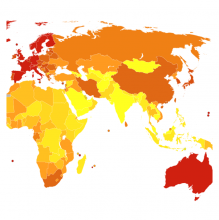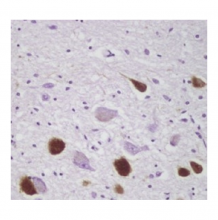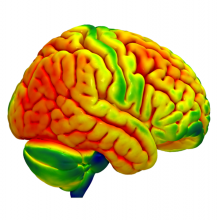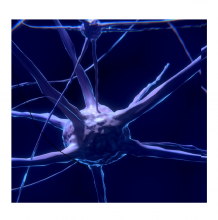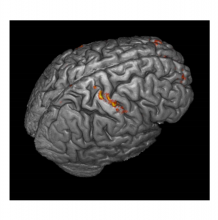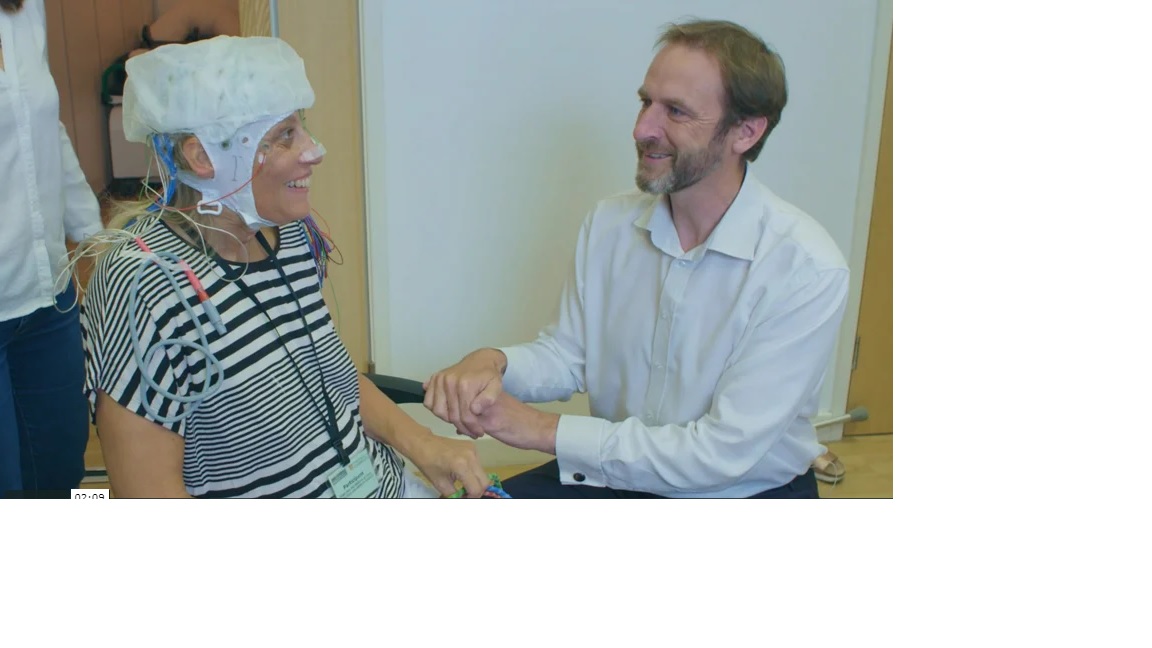Introduction
The research team of the Centre for Frontotemporal Dementia and Related Disorders adopts an inter-disciplinary approach to investigate the diverse mechanisms, tests and treatments of illness.
The University of Cambridge offers world class facilities for our research.
The research team is comprised of several principal investigators with different expertise, clinical research fellows, post-doctoral fellows, and graduate students and we collaborate with many centres and scientists in UK and worldwide.
The following pages give an overview of the various research topics we have:
Epidemiology and Genetics
|
Pathology
|
Symptomatic Treatment Studies
|
Disease-modifying Trials
|
Longitudinal Cohorts
|
Computational Neurosciences |
Advanced Imaging
|
Related Projects
|
The following methods are used in our group:
- Magnetic resonance imaging (structural MRI, functional MRI, 3T & 7T)
- Magnetoencephalography (MEG)
- Electroencephalography (EEG)
- Positron-emission tomography (PET) Imaging
- Clinical assessments
- Neuropsycholological tests (often computerised)
- Subjective measures (questionnaires, experience-sampling, & wearables)
- Neuropathology and immunohistochemistry
- Mathematical modelling and computational neuroscience
- Stereology
- Genotyping
- Biomarker analyses from blood, CSF, and saliva
- Intracranial electroencephalography (iEEG)

